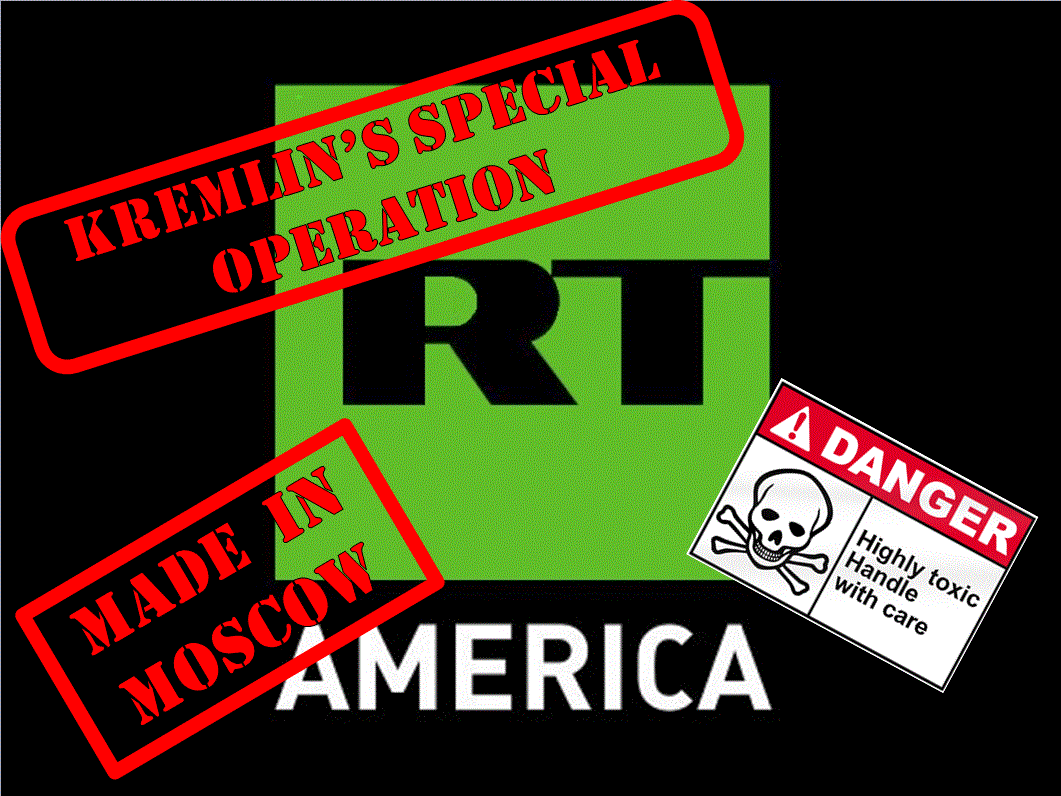A majority of Russians – 57 percent – say they want to live in a democratic state, according to a new survey conducted by Germany’s Friedrich-Nauman Foundation; but an equal or even larger number of them support government actions that undermine any chance of Russia becoming a liberal democracy.
Among the key findings of this telephone poll of 1653 Russian citizens (as reported by DW and Shipilov
) are the following:
- 70 percent say that there is no need for freedom of speech or independent media outlets.
- 65.9 percent say that the state should track the actions of its citizens and collect their personal data.
- 60 percent say they favor a planned economy.
- 60 percent say that government policies should correspond to the positions of the Russian Orthodox Church.
- 53.6 percent say that Russia’s security agencies must have the right to violate the law in defense of the country. Only 42.2 percent oppose that idea.
In reporting these findings, some of the German foundation’s experts said that the contradiction between support for democracy as a general proposition and the absence of support for democracy in particular cases may reflect a lack of understanding of just what democracy in fact is.
The survey found that 34.1 percent of the Russian sample said they had difficulty in answering that question, while 39.1 percent said that “democracy is democratic rights and freedoms, 10 percent that it is the rule of the people, and 2.4 percent that it is anarchy.”
But Dmitry Rogozin, the director of research at the Russian Academy of Economics and State Service who oversaw this research, told Deutsche Welle that the divide between support for democracy and the lack of support for certain aspects of it does not in fact reflect ignorance on the part of Russians as to what democracy in fact is.
Instead, he said, it reflects something that many will see as even more disturbing: the fact that many Russians do not see democracy as having much to do with their lives and therefore do not place it at the center of their discussions about what the state is doing and what their role in the state actually is.
Related:
- Putin's Russia well on its way to 'criminal neo-totalitarianism' with a 'neo-terror' and a 'neo-GULAG,' Pastukhov says
- Chekist regime and criminal world in Russia now 'completely coincide,' Portnikov says
- Putin returning Russia 'not to Soviet but to Stalinist' state security system, Felgenhauer says
- Moscow's success in gutting Crimea's independent media and Two meanings of 'Russianization'
- Scholar: Russian Orthodox Church Moscow Patriarchate supports repressions, militarism





